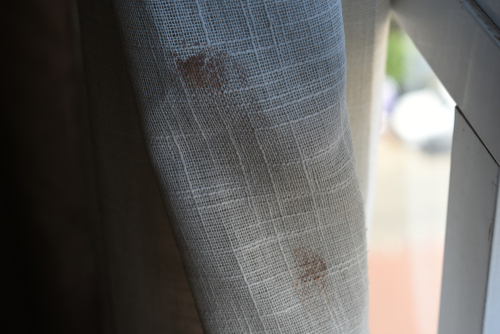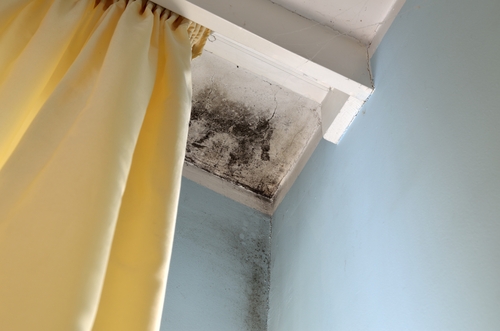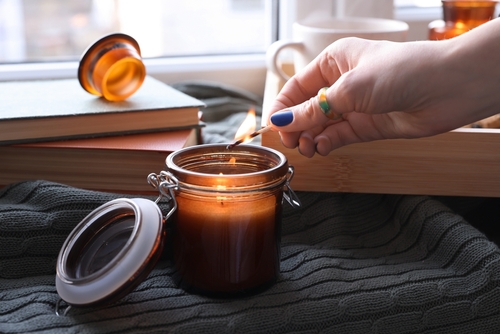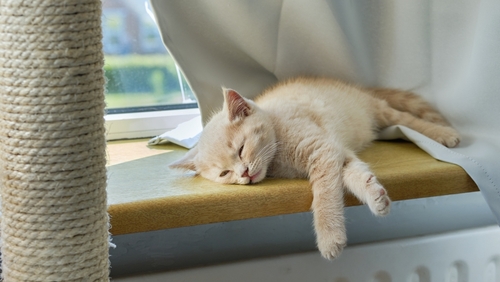
Maintenance of Curtain vs Roller Blinds – Which Is Easier?
March 4, 2022
Are White Curtains Hard to Maintain? [5 Mins Read]
June 8, 2022How To Clean Curtain With Vinegar?

How To Clean Curtain With Vinegar? A kitchen staple that is often overlooked and probably underutilized, vinegar can be a great addition to the cleaning routine. With its ability to cut through grease, create an effective degreaser, and improve the effects of just about any cleaner, it’s time to start using this versatile liquid more often.
Here are some simple tips you can use to clean your curtain. Read on – How To Clean Curtain With Vinegar?
Table of Contents
1. For all curtains, do not use a dry cleaner

The sun’s UV rays and heat can accelerate the aging process of curtains and other fabrics, which leaves them in dire need of proper cleaning. Unwanted wrinkles can also appear on delicate fabrics when using dry cleaners. It is best to purchase vinegar specifically for cleaning curtains or other soft materials as a solution.
This method is much like using fabric softener for towels and clothing. Vinegar softens fabric drapes and softens your bathroom towels if you take them out of the washer too soon after drying. Repeat as necessary until the wrinkles disappear from your curtains or hand towels.
2. Remove Stains and Spots on Curtains

One of the best things about vinegar is its ability to remove stains on any fabric, and curtains are no exception. If a stain or spot appears, soak your curtains in undiluted white vinegar for at least two hours. In some cases, the sites may even begin to disappear immediately, but it is usually better to allow the undiluted vinegar several hours to do its job.
While working on your curtain stain, be sure that you fill your sink with cool water and add a few teaspoons of dish soap. It might be helpful to have a pair of nylon tweezers handy. When the vinegar has done its job, please remove it from the fabric and wash it in your usual manner.
3. Deodorize Curtains

A must for any living space is a fresh-smelling room, especially in well-traveled areas like the bathroom or kitchen. When deodorizing curtains, add 1/4 cup of baking soda to a half cup of white vinegar in a spray bottle. Shake well and spritz directly on your curtain, allowing it to sit for several hours before washing.
4. Remove Mildew Stains From Curtains

If you have mildew stains on your curtains, add one tablespoon of lemon juice and one tablespoon of white vinegar to two cups of water. Apply directly to the mildewed area and allow to sit for at least two hours. Use a sponge or clean cloth to scrub the darkened fabric, rinsing thoroughly with clean water before allowing them to dry.
5. Remove Smoke Odors From Curtains

If you are a smoker, it is best to dedicate curtains and other fabrics that may have absorbed smoke odor from your clothes, or you might otherwise have trouble removing the smell from your drapes; to remove smoke odor from curtains, fill the washer with water and add one cup of vinegar. Allow this mixture to soak for several hours, then wash as usual in your washing machine.
6. Remove Odors From Pets

If you have a cat or dog in your home, it’s best to use flat vinegar to remove odors from their fur and other fabrics. If you are using a spray bottle of undiluted vinegar, spray directly onto the material you wish to clean. Allow this mixture to sit for several hours before washing as usual.
7. Remove Eau De Perfume Smell From Curtains

Perfume is often used in guest bedrooms and bathrooms, but it can also remain behind in curtains and other fabrics long after guests have left the house. To remove the Eau de perfume smell from your curtains, fill your washer with water and add vinegar. Allow the mixture to soak for several hours, then wash as usual.
8. Add A Fabric Softener To Your Laundry

By adding vinegar to your laundry, you can eliminate common fabric sheet complaints like pilling, shrinking, and fading after repeated use. To have vinegar work its magic on your sheets, add one cup of white vinegar and your regular fabric sheets to the washing machine.
9. Clean Candle Wax From Curtains

It is often challenging to deal with stains and wax on delicate fabrics, but it can be done. To clean candle wax from your curtains, you will want to place them in your freezer while they are still slightly damp. This flash freezing action will cause the softened wax on your curtains to rock hard and remove it from the fabric.
10. Repair Water Stains On Curtains

Water rings from vases or glasses appear quickly on curtains, especially when the water was left standing too long before you cleaned it up. Within minutes of spotting these watermarks, run ice cubes over them or use a spray bottle filled with cold water and a few drops of liquid hand soap.
11. Remove Mildew Odor From Curtains

If you have a mildew odor in your home, it is best to start by deodorizing the area where it has been found. Once you have done this, it may be time to think of ways you can remove the mildew odor from your curtains and other fabrics.
An easy way to do this is to mix one gallon of hot water with one cup of white vinegar and then sponge or towel down the affected area. Please do not use bleach when removing mildew from fabric as it may cause further damage.
12. Remove Pet Hair From Curtains

The next time you vacuum your curtains, you may find a surprising amount of pet hair. It’s best to use a lint roller or tape to lift the hair off the curtains. If you can’t remove all of the hair, there are a few things that you can do to help with this problem. The first is to wash your curtains in the washing machine without adding any dyes or chemicals.
Just be sure that your drapes are slightly damp when they go into the washer, so they can absorb even more water than usual before being dried. Use a mild detergent and allow them to dry as normal.
How To Clean Curtain With Vinegar? – Conclusion
In conclusion, vinegar can be used for various household cleaning jobs, but it is beneficial for cleaning your curtains. You can use this vinegar in many different ways to keep your drapes looking attractive and smelling fresh.
We hope you enjoyed and learned something from this article – How To Clean Curtain With Vinegar?
Good luck!




